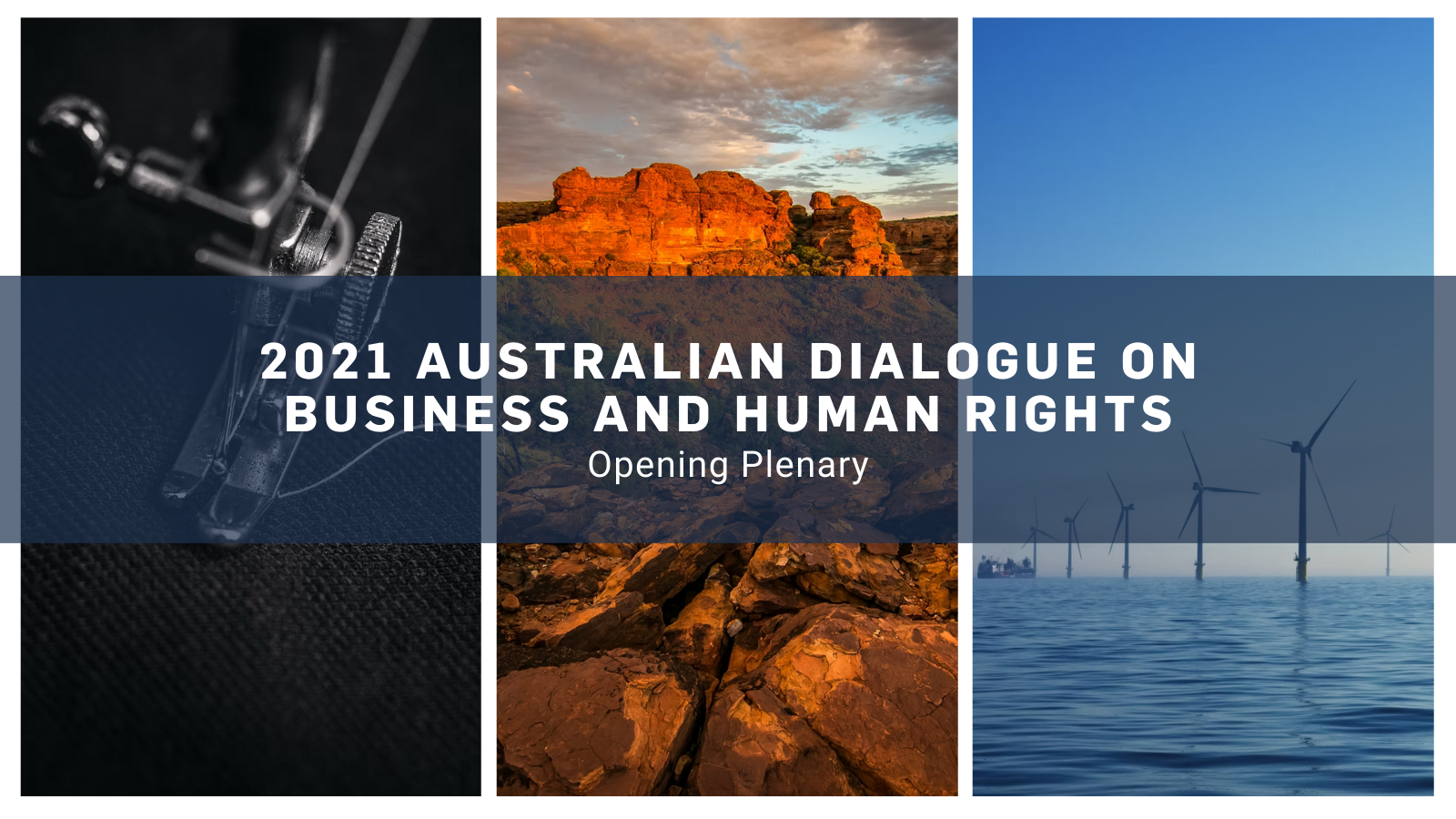
News, Sustainable Development Goals
Opportunity for the ASX150 to show leadership in SDGs reporting
Kylie Porter | August 29, 2019
Today, the Global Compact Network Australia and RMIT University released its summary report, SDG Measurement and Disclosure on the ASX150. This research looks at the ASX150’s annual reports for the 2018 reporting period and how they measure and report on the Sustainable Development Goals (SDGs).
The 2030 Agenda for Sustainable Development, agreed to by all 193 Member States at the United Nations (UN) in 2015, culminated in 17 Sustainable Development Goals (SDGs). These Global Goals not only reflect global sustainable development priorities, but also lend themselves as an overarching framework for companies to shape business strategies.
Businesses play a critical role in achieving sustainable development through responsible business operations, developing innovative business models, investments in sustainable technology, and more. While the business case for sustainability is widely acknowledged, how businesses approach the SDGs and account for their impact in terms of sustainable development remains unclear. Such information is important for a variety of stakeholders such as shareholders, investors, regulators, government, and civil society – who share interests in understanding which industries and business models have the greatest synergies with specific SDG targets.
The study indicates that there is significant room for improvement on reporting on the SDGs by the ASX150. Whilst UN Global Compact participants ANZ, Brambles, Fortescue, National Australia Bank, Rio Tinto, Sydney Airpot, Telstra, Transurban, Westpac, Woolworths and Worley Parsons are seen as top performing companies with regard to their SDG disclosure, the extent of awareness and commitment to the SDGs, and their integration with business strategies remains relatively limited and unclear. The research also found that few of the ASX150 disclose measurable business performance targets related to the SDGs, and that there is limited information in their annual reports demonstrating how companies have linked their own performance to the SDG’s targets and indicators.
The results of this study amplify the need for more robust measurement and reporting systems that can support Australian companies take advantage of the many opportunities presented by the 2030 Agenda. It is timely that companies review and reflect upon their approach to strategy-making and their business models in order to enhance their impact on the SDGs and to take the opportunities presented in developing a more sustainable economy and society.
There are just over ten years left for the UN member states to reach the goals set to achieve the SDGs. Australian businesses have an opportunity to strongly contribute to Australia’s progress against the SDGs, including disclosing publicly how they have implemented the SDGs in their strategy, and operationalised these Global Goals. The Global Compact Network Australia is well placed to work with companies to encourage dialogue, action and transparency on the SDGs, and ensuring that Australian businesses can contribute to the overarching goal of protecting the planet and prosperity.


